The 4th trimester...
- Donna

- Jan 26, 2023
- 5 min read
Updated: Mar 29, 2023
Helping your baby to adjust to life after birth

The fourth trimester describes the concept of allowing your baby to get used to life outside the womb. Before your baby was born, they were enveloped in a world of subdued light, constant but muffled sounds, constantly held and supported, never experiencing what it is to be cold or hungry.
Compare this to their environment now, a world of bright lights, unfiltered noise, fluctuating temperatures, sensations of hunger and thirst, and periods where they may not be held and supported.
Your baby’s expectations of life post birth are that it will be like life before birth, they have no other experience to compare it to. In those first weeks following birth they are getting used to their new environment, and it can be very overwhelming, everything is new except you, you are their comfort their protector, they know they are safe with you. This is a time to empathise and communicate with your baby that you understand it’s hard but that you will be there for them, helping them to feel safe and secure.
What does the research say about the 4th trimester?
As a concept itself it’s not something that has been researched but the elements of responsive have been well researched:
Feeding to cue rather than scheduling.
Picking up and comforting your baby if they are unsettled or upset.
Allowing your baby to sleep when they are tired, rather than scheduling sleep.
Talking to your baby.
These aspects of responsive care are often at odds with modern baby care advice where parents are advised to put babies down drowsy but awake, encourage self-soothing, routines, limiting contact overnight, the multitude of gadgets available that encourage us to put babies down (things that bounce, vibrate, swing, rock, squeak, flash).
But what do babies actually need? I love this quote from Unicef's Building a happy baby :
New babies have a strong need to be close to their parents, as this helps them to feel secure and loved. When babies feel secure they release a hormone called oxytocin, which acts like a fertiliser for their growing brain, helping them to be happy babies and more confident children and adults.

Holding, smiling and talking to your baby also releases oxytocin in you, which helps you to feel calm and happy.
How can you support your baby through this period?
Put yourself in your baby’s position, think about the environment your baby was in before birth and try to replicate some its features, here are some ideas to get you started:
Subdued lighting.
Soft and gentle background noise.
Feeding in response to your baby’s cues rather than to a schedule.
Using a sling or baby carrier.
Skin to skin snuggles.
Movement and motion.
Going for a walk.
We are developing a deeper understanding about how responsive care supports a baby’s growing brain and helps them to understand the world around them. Responsive care is about observing your baby, interpreting their behaviour and acting to support them.
Images from Centre for Perinatal Psychology's Speaking for the Baby Campaign which encourages parents to think about what babies might be sensing, feeling, thinking, wanting, needing, experiencing.
Your baby is trying to tell you something, by being with them and spending time getting to know them you will soon start to understand their cues, be able to read their body language and respond to their needs swiftly and efficiently.

Observe your baby’s behaviour, their movements, their mood, the noises they make, take not of the small changes in their demeanour.

Interpret: what could these changes in behaviour mean? could they be hungry? need a nappy change? be too hot or cold? want to be picked up or put down?

Act on their cues, as often as you can, talk to them as you do giving voice and language to their feelings and situation.
What can help in the 4th Trimester? Think about how you can support yourself and your baby through this time:
Up until your baby was born they had spent all of their life inside another human being - consider what that environment might have been like?
it was never quiet (the sound of air moving in and out of the lungs, the digestive system gurgling, kidneys draining, heart beating)
movement and motion throughout the day
always warm and cosy
never hungry or thirsty
held and snuggled up always
subdued lighting
If you can recreate this you may find your baby settles a little better, consider lower lighting (red spectrum works well), some white noise, lots of cuddles and snuggles, gentle movement like walking, swaying, rocking, following your baby's lead and responding appropriately to their cues, feeding them in response to their cues rather than to a schedule. You might also consider:
Skin to skin. being skin to skin with you 4th trimester baby can be incredibly relaxing for you and them. Skin to skin cuddles will help to regulate your baby's temperature, heartrate, breathing and digestion, helps to boost oxytocin for both you which make you both feel calmer and more relaxed. When your baby is held skin to skin, you help them to physically and emotionally regulate and you can see the subtle changes in their behaviour that might give you a clue to what they need.
Using a sling or baby carrier allows you to keep your baby close, and simulate the feelings of connection and movement they are familiar with from the womb. It can give you the opportunity to spend time with your baby and still have hands free to look after yourself. many babies enjoy being snuggled up in a sling or carrier with a parent, helping them to feel relaxed and calm. Take a look at the support available with this on the PBY directory .
Getting some extra support from friends , family or perhaps a doula can really help in the early days with a new baby. They can take some tasks off your list and help out around the house, allowing you to res and get to know your baby. No visitor should cross your threshold without bring the gift of food or the promise of doing a job for you! There are some hints and tips for visitors in the video below on how to support you in the 4th trimester
Rest whenever you can, take time out to relax and enjoy being with your baby, and sleep when you feel you can and the opportunity presents itself.
Consider bedsharing as a tool to allow more sleep. The Baby Sleep Information Source has lots of good information around this on their website and smart phone app.
Getting outside each day can be great for your mental health and wellbeing and supports your baby's developing sleep systems.
Meeting other parents can be immensely reassuring in these first few weeks as a new parent, you'll be able to share how you are feeling, and draw upon their experiences and get some hints and tips. A PBY Cheshire Pudding club is a great opportunity to meet other parents and also chat to some of the PBY team about any queries or concerns you might have. When you baby is very small they probably won't be very interested in groups and classes, so look for ones that you will enjoy and feel relaxed in. Make sure they have time for you to chat and perhaps have a cuppa, lots of the PBY Cheshire team host great sessions focused on promoting health and wellbeing as well as building a social support network.
If you'd like to talk about how a doula might support your 4th trimester take a look in the PBY Cheshire directory we have a great team of doulas who are passionate about supporting families to have a positive 4th trimester.
Some links to further reading that are relevant to the 4th trimester



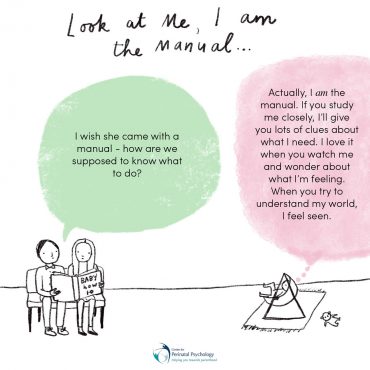



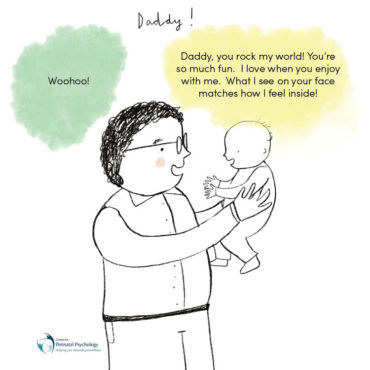

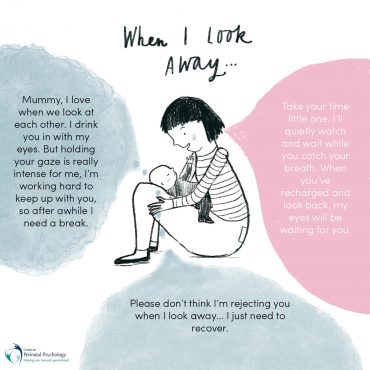

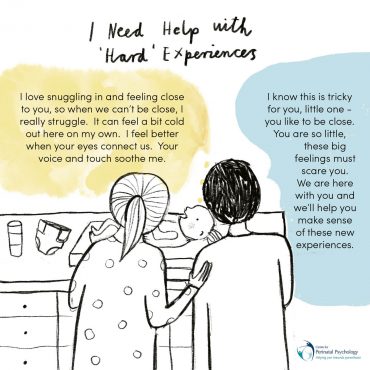

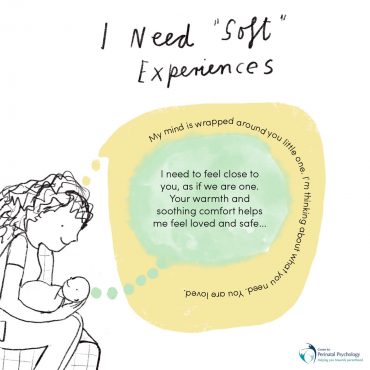



Comments